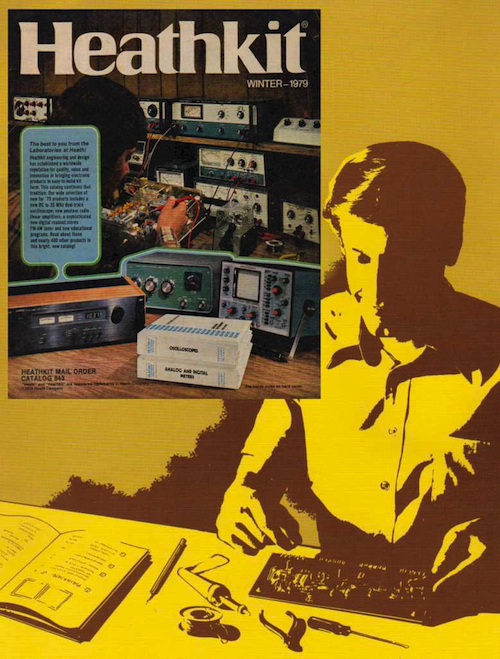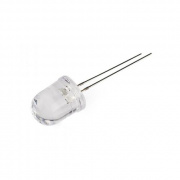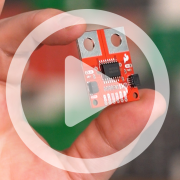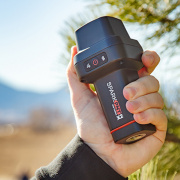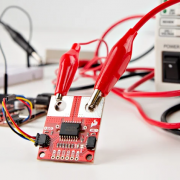The Rise and Fall of Heathkit -- And Rise of SparkFun
Check out this article about the fall of HeathKit and the Rise of SparkFun
I'm not an engineer, but I certainly grew up in a family of them. My dad is a metalurgical engineer and works in failure analysis for Atmel. My grandfather on my mom's side is also an engineer and worked for HP for many years. Going way back, my great-grandfather was a blacksmith on the Midland Railroad (maybe not a formal engineer, but some of the stuff he built certainly took some engineering acumen). So it might come as no surprise that one day, while rummaging through my grandpa's basement, I came across a dusty box with what appeared to be a stereo in it. On top of the stereo was a manual with the words "Heathkit" across the front. Turns out, it was my dad's old Heathkit Preamplifier.
My dad took me aside and explained how he built it. How he had saved his money for the kit, ordered it, and then put it together. We looked over the "Theory of Operation" section and he explained to me what some of it meant. He used it to teach me about resistor color codes and what a diode does. For a 15-year old kid, it was actually pretty cool. I loved the idea of a company like Heathkit, but by that time they were pretty much out of the electronic kit business. So when this article titled "The Rise and Fall of Heathkit -- And Rise of SparkFun" by Electronic Design's Communication Editor Lou Frenzel came out, it definitely brought back some memories.
It is quite an honor to be compared so favorably to Heathkit, a company that, for many of us here at SparkFun, introduced us to electronics. Certainly, in a way, Heathkit is SparkFun's predecessor and one of the founders of the entire DIY movement. Pretty cool stuff. Give the article a read. What was your favorite Heathkit? Tell us about it in the comments.
